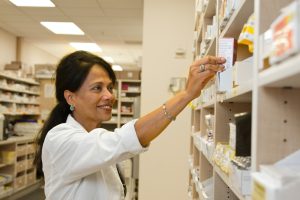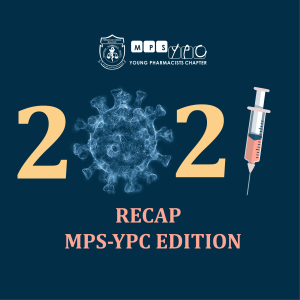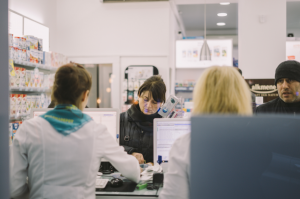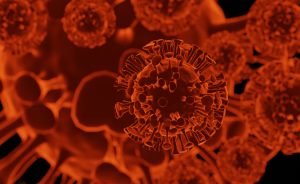Pandemic Struggles: Vol 1 – The Pharmacists
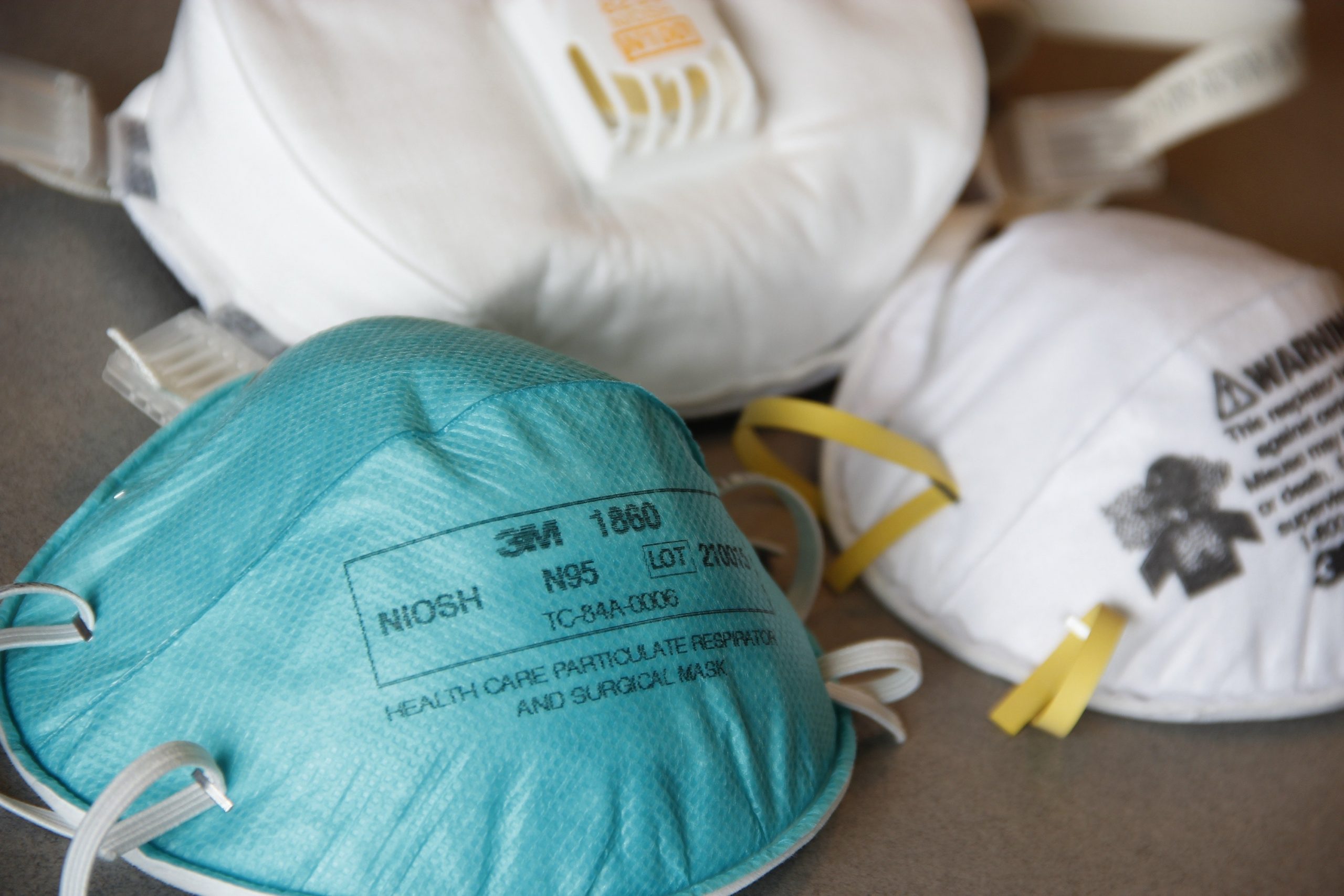
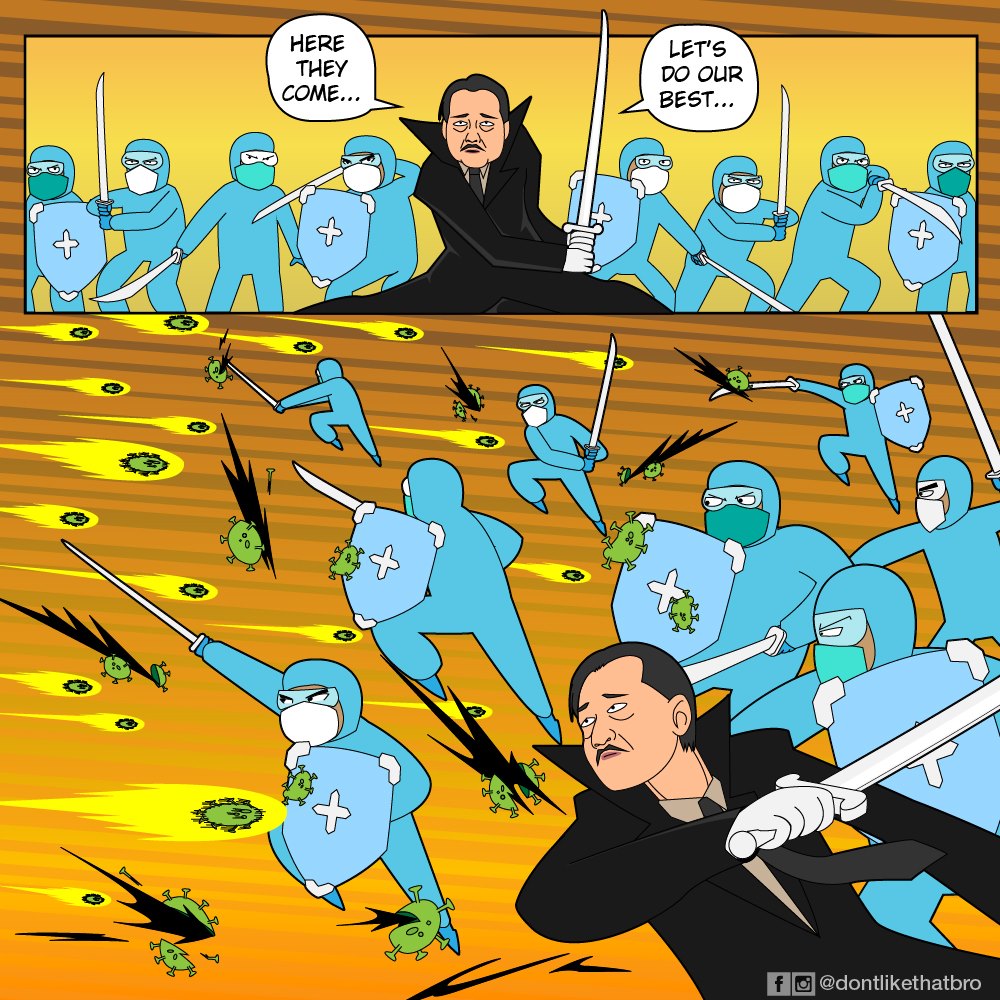
They were shunned because they were thought as carriers. They were criticized because of the hassle of all the procedures. Alone, isolated, thanklessly they had to continue to toil in their puffy suits to ensure the public that hated them did not get affected by the virus.
These are our healthcare workers.
As we enter the Recovery Movement Control Order period, we at YPC would like to take a moment to reflect on the plight of our healthcare workers during this COVID-19 period. We hope that these letters will be able to spotlight some of the inner struggles our doctors, nurses and fellow pharmacists were combating alongside the pandemic.
TKW, Hospital Pharmacist at Hospital Sungai Buloh
What changes have been made in your work place since the COVID-19 pandemic?
Some departments within the pharmacy started implementing EOD (Every Other Day) working schedules, where we were separated into 2 teams taking turns to come to work. This is to prevent any sudden loss of manpower in the case that one of the teams had to be quarantined; that way, we would still have a back up team to support the pharmacy operation. We also implemented social distancing in different parts of our pharmacy. It is difficult to operate with these measures in limited space, but we try our best.
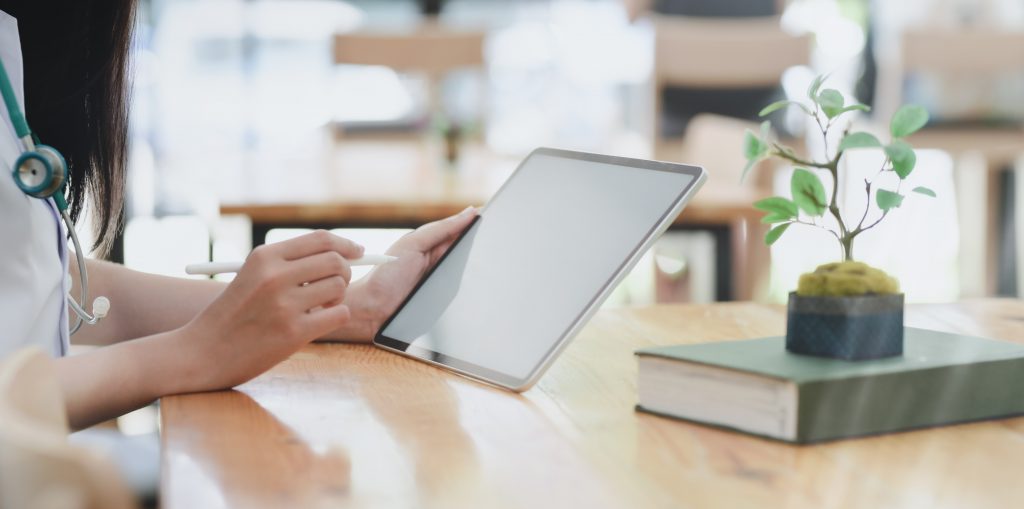
How has this affected your work as a pharmacist where you are?
We were challenged to be innovative in terms of the services provided to the outpatients and inpatients. To avoid crowding in the outpatient pharmacy, we offered various value added services. Some more popular options are such as medicine post delivery services and ‘telemed’ where patient call beforehand to inform when they would like to collect medicines. With this system, the patient can obtain their medications from us as soon as they arrive. Transition of care in the area of medication reconciliation also became important in our hospital when we started transferring our patients out to make room for COVID patients. Every patient needed to be supplied with enough medications in case the receiving hospitals did not have stock. Pharmacists also played a key role in medication delivery to the wards in place of nurses to ensure reduced contact and workload of the frontliners in the ward.
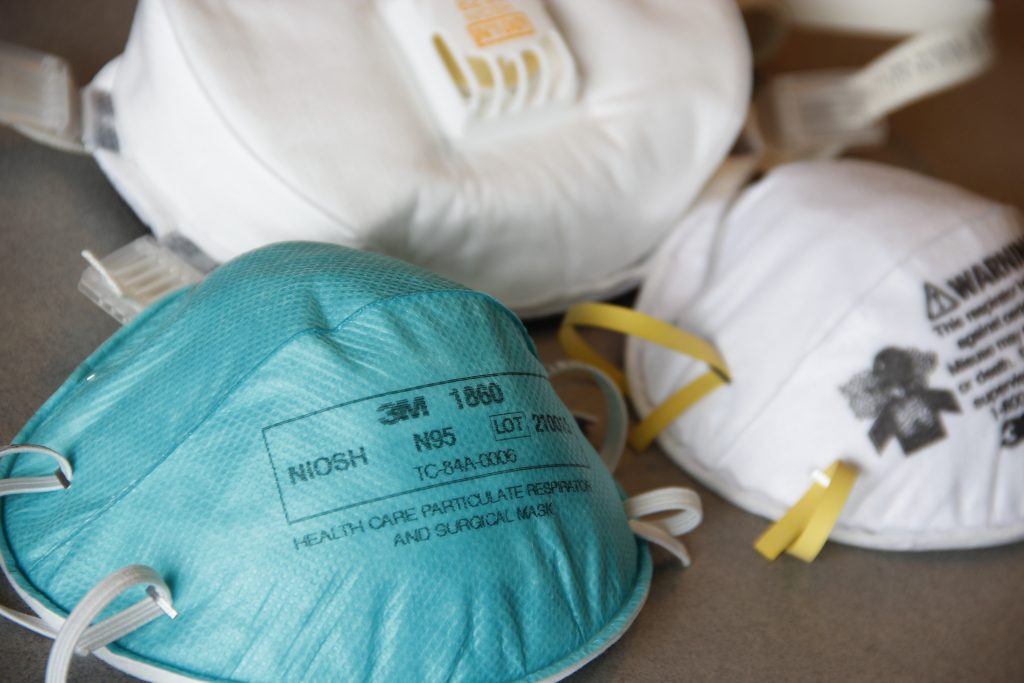
What are some of your prime concerns as a healthcare professional for this crisis?
During the initial period of the pandemic, there were shortages in the supply of PPE items. Different hospitals have resorted to alternatives such as sewing PPE items and even using plastic bags. It was quite worrying during that period. Poor mask etiquettes among patients also worried us, especially when patients without a mask cough at the counter when receiving their medicines. There was always an element of fear of our own safety when that happens.
How has this pandemic affected your personal life? What are your worries living in this pandemic?
As pharmacists, we were still very much in contact with the hospital staffs such as the nurses and doctors, and also the outpatients. It is almost common to hear your pharmacy colleague being called to go for swab test due to contact with COVID-positive patients during dispensing at the outpatient pharmacy, or contact with hospital staffs that tested positive. Sometimes we can’t help but worry, what would happen if we were exposed to the virus unknowingly and passed it on to our families whom we live with?

What kind of progress would you like to see from the government and health sector to help you cope with your struggles?
As pharmacists are not classified as ‘frontliners’, we do get remarks like the pharmacy is ‘very free’ and does not contribute much to the pandemic. These remarks sometimes were given by our counterparts within the health sectors too. A lot of work that we do is ‘backstage’ duties that many don’t see. Honestly I think it is an honour to be able to serve the country during this pandemic, but receiving such remarks can hurt. A bit more of appreciation and acknowledgment for our work would help to motivate our spirits.
The opinions expressed in the article are the writer’s own and do not reflect the view of MPS YPC.



